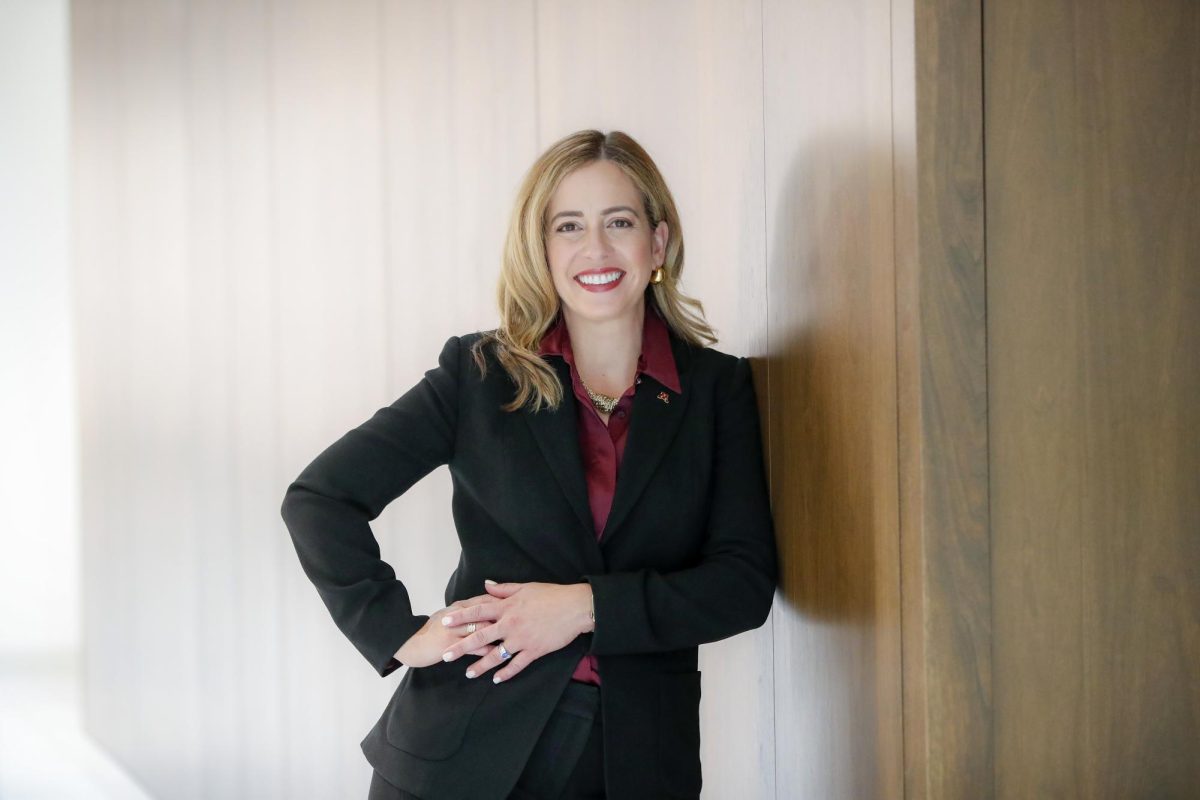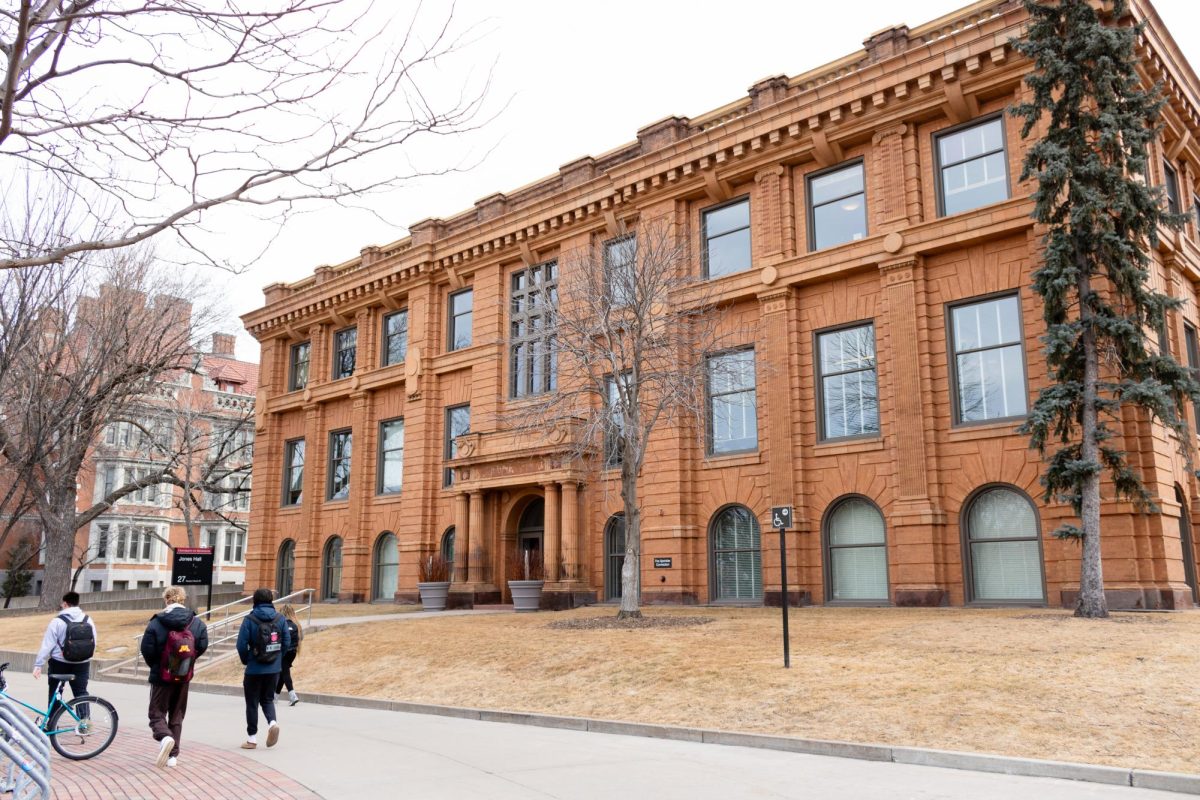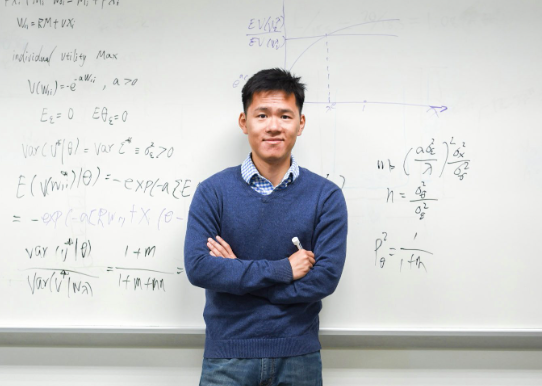The Minnesota Daily sat down with University of Minnesota’s new executive director of Government and Community Relations, Melisa López Franzen on Friday. López Franzen served as the Senate DFL Minority Leader two years ago before becoming the new legislative director for the University.
López discussed the importance of community collaboration, legislative support and her salary in her new role.
Minnesota Daily: What kind of advocacy efforts do you hope to bring to the University and our community partners?
Melisa López Franzen: “There’s definitely urgency to set up the capacity and the team to be able to do the work. You know, right now, we’re looking at a federal shutdown, potentially. So they look to us to say, ‘What are we supposed to do?’ and obviously, there’s contingency plans already around the system, but they look to us for more directions.
In the long term, too, we have [a] legislative session every year so we plan for that. We also are strategizing what is our priority for the year [and] what are we going to ask the legislature to support us on.
The typical things are bonding money for infrastructure to help our older buildings and any other projects of that nature that use bonding resources and money. You want the legislators to understand our story, and I like to say to talk to real people, to talk to students, to talk to faculty, not just administrators, because our job we get paid to talk about the [University].

But … you’re able to tell the story of why you chose the [University], what you want to do with your degree [and] how is that going to help you and your family but also our state and country because a lot of people come to the U from other parts of the state and country to get the best education.”
Daily: During your time as the Minnesota Minority State Leader, what experiences are you going to bring from that to help a student body as diverse as ours?
López Franzen: “That was a great experience. I did that for about a little over a year. It’s bringing people together because even though you think you’re on the same team, sometimes, you know, we all think differently.
Having differences of opinion is our goal, and my job there was to help navigate and strategize for [a] common purpose and shared priorities. And that’s my job here too with the Board of Regents when they want to help the University at the Capitol. ‘How do we have those priorities in line with what we want the future of the University?’ So, making sure you’re connecting with them often.”
Daily: There’s been lots of speculation about your salary, we just wanted to give you a chance to comment publicly on it. Do you want to clear the air about it?
López Franzen: “I took the job not because of salary. I took the job because of the opportunity to make an impact. And I [knew] it was going to be hard work.
It is going to be hard work because it’s understanding the [University] internally, but also translating that to the public to make a compelling argument of why we’re so intrinsically connected. And making the case that investing in the [University] is investing in all of us, so that takes more than one person for sure. But that also takes a lot of partnership and time.
So in terms of compensation, I think public service has always been part of my DNA. I think this is an extension of public service in a different way. I did a part-time job at the Capitol for 10 years, and now I’m here and it’s in line with [my] peers.
I’m not doing this for the money, I’m doing it because of the opportunity I have to make an impact.I t’s great to be compensated for your work, but it shouldn’t be a distraction from the work that’s so important that needs to get done. I think I’m uniquely qualified to do that work in a very important time in our state’s history, but also in the University’s timing with everything that we’re doing with the Medical School.
There’s a lot of relationships that I have that I bring to this role that I think are going to pay off in the long term.”
Daily: How do you plan to take time for yourself during this new role?
López Franzen: “Absolutely. I wake up early. When you’re building a team, you want flexibility for people to be able to take care of themselves.
Having some flexibility in life because my job is 24/7. It’s not an eight-to-five job. I think that also needs to be said, we get emails and phone calls anytime of the day and that’s part of the job. It’s managing workflows. I try not to plan meetings around family events and I encourage that for everybody else. When you’re on vacation do not answer emails and I will not email you.
So, it’s leading by example that you want people to take a break and you need cut-offs, but I know that in some roles like mine you can’t completely shut down. But being flexible and taking some time to do what you like is important.”
This interview has been edited for clarity, grammar and length









